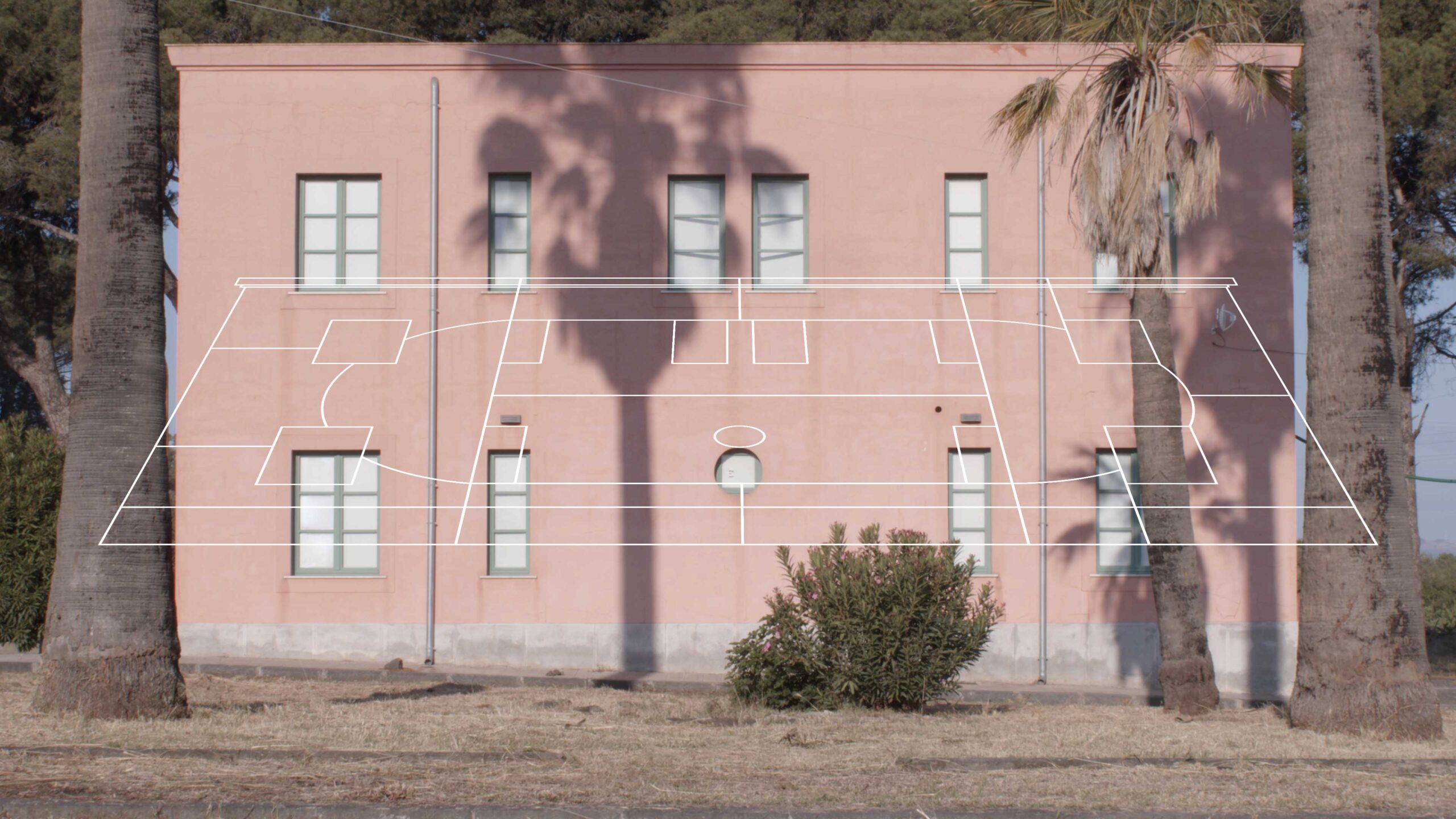DAAR – Alessandro Petti and Sandi Hilal. Entity of Decolonization: Ashes
For the new chapter of the Museum of Opacities, DAAR – Alessandro Petti and Sandi Hilal—an art and architecture collective based in Palestine and Sweden, and Research Fellows at MUCIV—presents their new installation Ceneri, part of the ongoing project Entity of Decolonization, which was awarded the 2023 Golden Lion for Best National Participation at the 18th International Architecture Exhibition – La Biennale di Venezia.
Entity of Decolonization was established in 2022 to confront the legacy of the Italian colonial period. Through research, artistic interventions, educational programs, and public discussions held at the former Ente di Colonizzazione del Latifondo Siciliano in Carlentini (Province of Syracuse), the project has engaged universities, cultural centers, and local associations to initiate the critical reuse of Borgo Rizza.
Following the establishment of the Entity of Decolonization as a cultural association in Carlentini—a spontaneous union of individuals committed to promoting and advancing decolonial practices—the installation Entity of Decolonization: Ashes is now presented at MUCIV as the concluding intervention of DAAR’s Research Fellowship. It also reassembles, in a new architectural configuration, two display cases from the former Colonial Museum of Rome, which were originally used to exhibit objects taken during Italy’s colonial occupations.
DAAR transforms these two display cases into a device for presenting a video that emerges from a bed of ashes, illustrating the transformation of the Entity of Colonization into an Entity of Decolonization through a symbolic ritual of destruction and regeneration. From these ashes also arises a further initiative: the creation, in collaboration with MUCIV, of the Prize for the Critical Reuse of Difficult Heritage.

